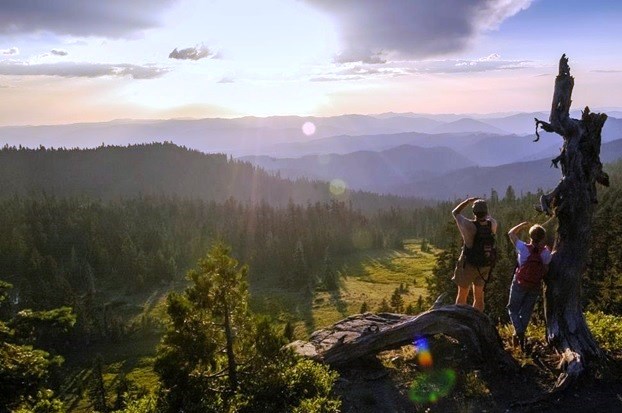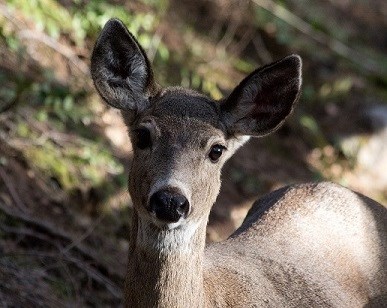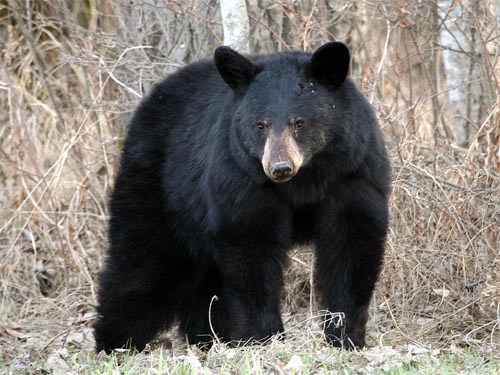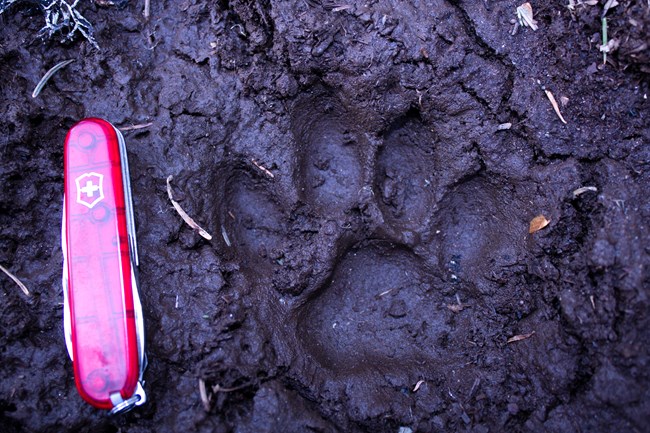
NPS Photo Avoiding Deer Collisions: Safety on the RoadThe park and surrounding area have a large deer population, and the steep, curvy roads make it difficult to see around corners. To reduce the risk of deer-vehicle collisions, it’s essential to take precautions. The three most important ways to stay safe are to slow down, drive cautiously, and remember—SLOW DOWN! 
NPS Hiking Safely: Use Common SenseWhen hiking, it's essential to prioritize safety by using good judgment. Whenever possible, hike with a group, and if hiking alone, make sure to inform someone of your plans and expected return time. Stay hydrated by carrying and drinking plenty of water—at least 1 quart every 2 hours. Always bring a headlamp or flashlight, even for short day hikes. Stick to established trails, and stay aware of weather conditions and any warnings for the area. Ensure you wear proper footwear suited for the trail, and be mindful of any health or medical conditions that may worsen when hiking on steep terrain. Know your limits and pay close attention to how you’re feeling throughout your hike. 
NPS/Brian Amstutz Deer Safety: Stay Clear and CautiousWhile they may seem harmless, deer can be dangerous and are responsible for more injuries in national parks than bears or cougars. Deer can become aggressive, especially around food, and a doe may defend her young. If startled, they may kick. Never approach or feed deer, and always keep a safe distance to avoid potential harm. Stay aware and respect their space at all times. 
NPS Be Bear Aware: Stay Safe on the TrailTo avoid encounters with black bears, make noise while hiking to alert them of your presence. Never approach or startle a bear. If you see one, remain calm, talk quietly, and slowly back away while picking up small children. If a bear approaches, make loud noises—yell and clap your hands. Most black bears will retreat once they recognize you as a human. Keep bears wild by properly storing food and disposing of all waste in bear-proof containers. Bears can become dangerous if they associate humans with food, so it's essential to prevent this by following proper food safety practices. 
NPS/Brian Amstutz Cougar (Mountain Lion) Safety: What to Do in an EncounterCougars typically avoid humans, but they may become threatening if kittens or a kill are nearby. If you encounter a cougar, make yourself appear as large as possible by standing tall and extending your arms. Pick up small children immediately. Do not run or make sudden movements, as this may trigger the cougar’s instinct to chase. If the cougar shows signs of aggression, respond by becoming more assertive. Yell, throw objects, and convince the animal that you are a threat, not prey. |
Last updated: September 5, 2024
